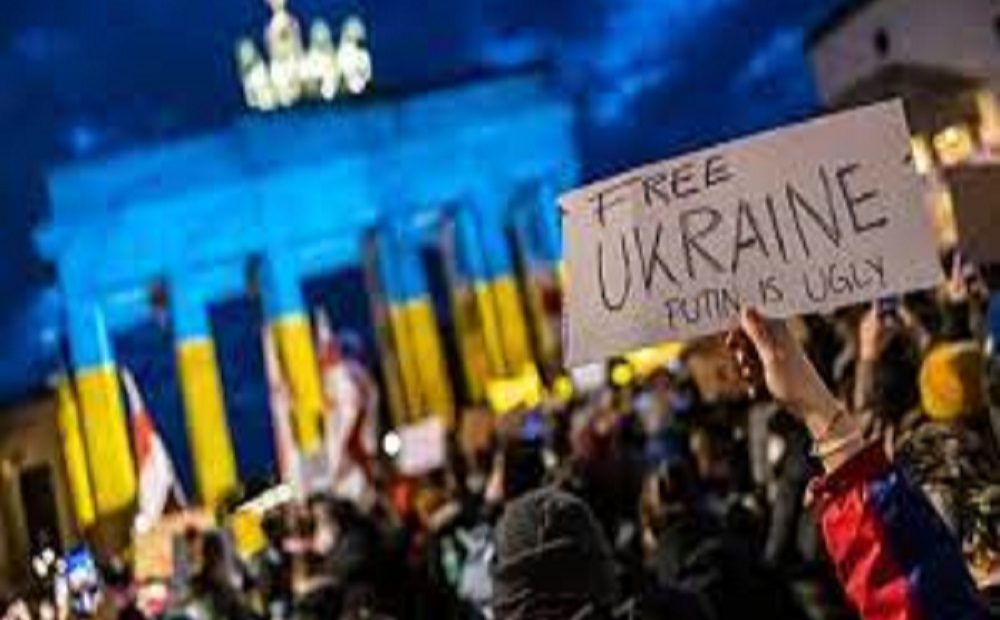

A woman who flew to Ukraine via Poland to rescue her paralysed brother fears “the forgotten causalities of war” are people with disabilities.
Olena Florek, from Staffordshire, travelled to Warsaw to try to get a UK visa for brother Volodymyr.
After waiting 24 hours for it to be processed, she then made her way to Lviv to meet her mother and brother.
The Home Office said its visa processes had been streamlined to enable more Ukrainians to come to the UK.
Mrs Florek’s brother requires 24/7 care as he is paralysed from the neck down.
He also has cerebral palsy and is unable to speak, after contracting meningitis as a young boy.
“When it is war, not many people talk about those with mental health [issues], people with disabilities, care homes; we don’t hear or see or know, but they are there,” said Mrs Florek.
“Nobody mentions about these people and their situation.
“Have they been abandoned? Can they drink water or [are they] just left at Russian soldiers’ mercy? We know they show no mercy,” said Mrs Florek.
In April, BBC News reported on a disabled woman who was reunited with her nephew, who lives in the UK, after volunteers stepped in to bring the woman and the man’s mother out of Ukraine.
Mother-of-two Mrs Florek, 36, left her family as she said she had no choice but to fly to Warsaw on a “whim” as she could no longer “just wait for someone’s mercy” at the Home Office, after waiting more than three weeks to hear about her brother’s visa.
“I couldn’t live with myself knowing I haven’t done everything in my power to save my close family. He is my only brother and he is precious,” she said.
She said she had been told the delays were due to her brother not having a biometric passport, which was due to his severe disabilities.
“I needed to go and help. If I didn’t help, nobody would help them,” she added.
While waiting for her brother’s UK visa to be processed in Warsaw, Mrs Florek said she had felt “broken and exhausted” after spending a day trying to interpret and translate to help others applying.
“They are people who are dealing with trauma, desperation; people who have no money; people who’ve lost loved ones; people who’ve left them; people with nothing; people trying to find a sponsor, someone who can provide shelter.”
The 36-year-old said there was “a big gap” and more needed to be done to find people who could speak fluent Ukrainian and English, adding many were relying on phone apps to communicate.
BBC/Taiwo Akinola